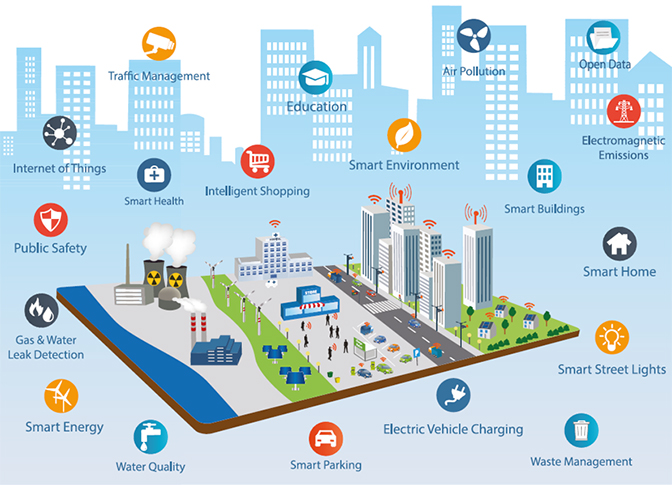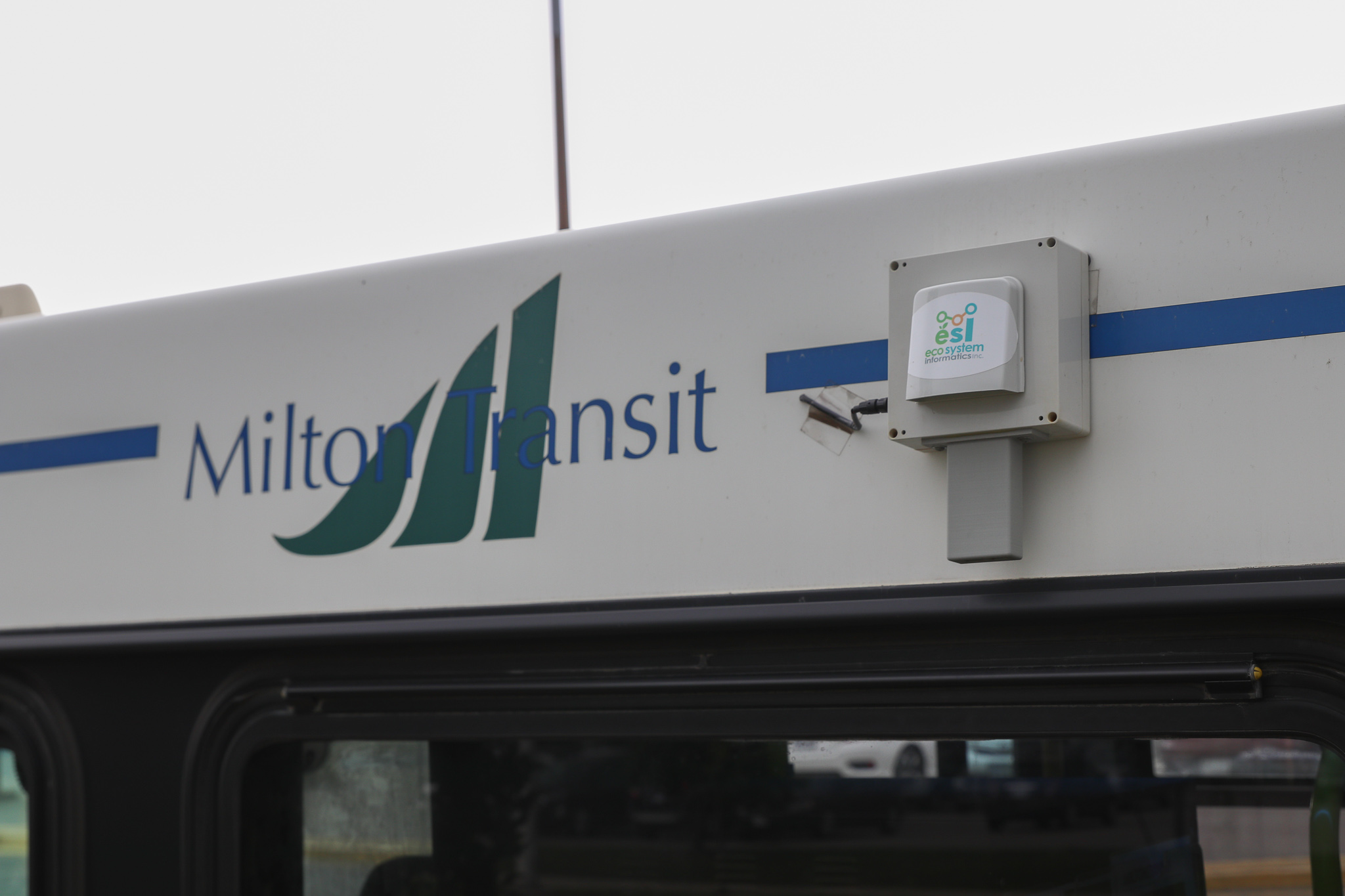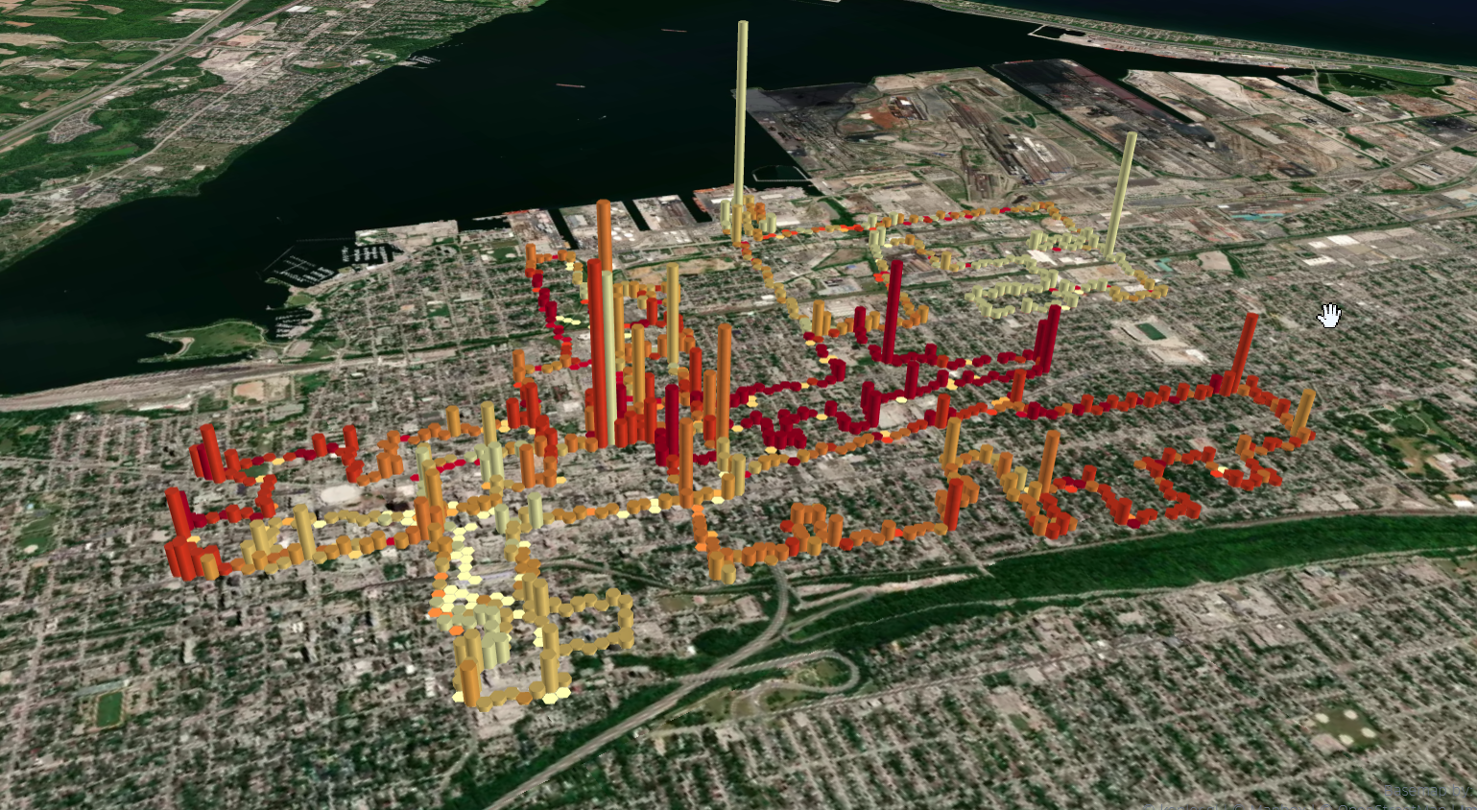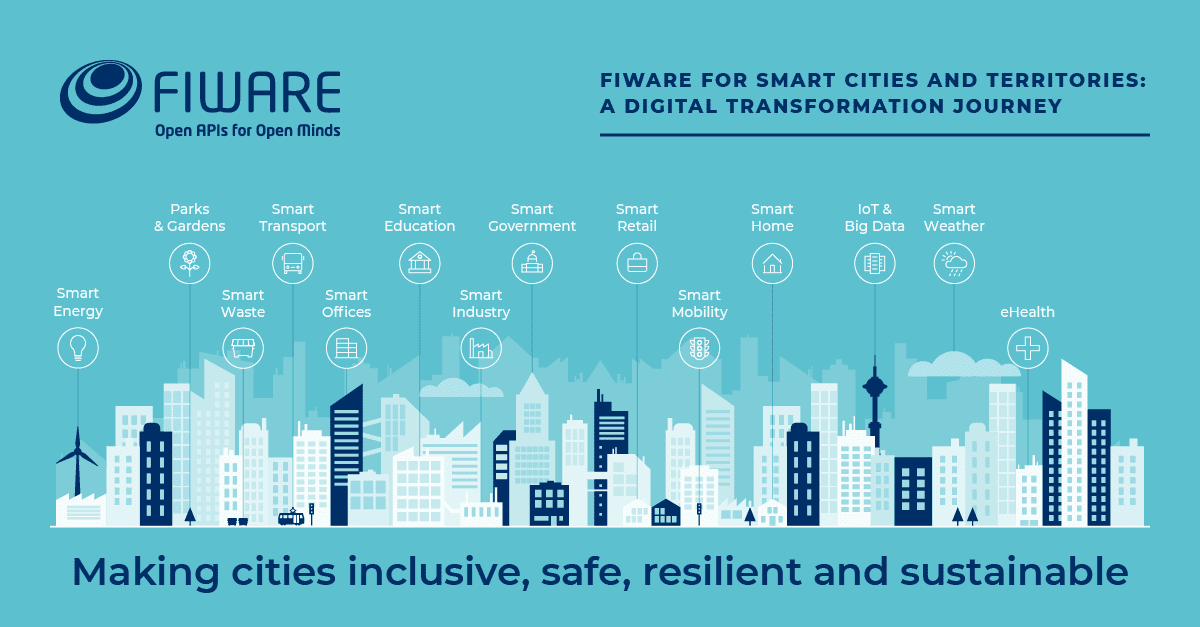
The phrase “data is the new oil” has become something of a mantra in the digital age. As a former Chief Technology Officer for New York City, a global city community builder, and now as Head of Government Engagement at Ecosystems Informatics Inc., I’ve witnessed firsthand the transformative power of data—and I firmly believe this analogy holds true. But like crude oil, raw data by itself has limited utility. It needs to be refined, processed, and strategically deployed to truly drive the engine of change. For local governments aiming to build sustainable futures, this refinement process is critical, and data platforms act as the modern-day fuel stations that make this possible.
The Crude Oil of Information
Cities generate colossal amounts of data every day. From air quality sensors to public transit systems, from waste management programs to building energy usage, the sheer volume of data can be overwhelming. But data in its raw form is often messy, fragmented, and siloed across departments. Much like crude oil, it’s valuable, but not immediately usable. Without refining, it cannot power anything meaningful—certainly not the complex systems required to tackle sustainability challenges. Let’s face it: no one’s solving climate change with a bucket of unprocessed ones and zeroes.

Refining Data into Actionable Insights with AI
Refining data is about transforming raw information into actionable insights. This involves integrating data from multiple sources, cleaning it, analyzing it, and presenting it in ways that decision-makers can use. Artificial Intelligence (AI) plays a crucial role in this process. AI algorithms can identify patterns, predict trends, and generate insights far beyond human capability. For example, AI can analyze urban traffic patterns to reduce congestion, optimize energy consumption in buildings, or detect anomalies in air quality data to prevent public health crises.
AI doesn’t just accelerate the refinement process; it makes it smarter and more precise. By leveraging machine learning models, cities can anticipate challenges and design targeted interventions, turning raw data into a strategic asset. Think of it as the master chemist in the refinery, whipping up that premium-grade insight we all need.
Data Platforms: The Fuel Stations of Progress
Once refined, data needs a distribution system—a way to reach those who can put it to work. This is where data platforms come in. Think of these platforms as fuel stations strategically located across a city, providing the “fuel” local governments need to drive change. Platforms like FIWARE are at the forefront of this revolution, serving as enablers that bring together diverse data sources and make them interoperable.

FIWARE, a global non-profit organization, is dedicated to building open-source software standards that empower cities and organizations to create smart, sustainable solutions. By offering a modular, open-source framework, FIWARE enables the integration of various data streams, helping cities break down silos and make data-driven decisions more effectively. This approach not only ensures that data is accessible and interoperable but also provides the infrastructure necessary to refine, analyze, and share data efficiently. In other words, FIWARE is like the high-tech, eco-friendly gas station of the digital age.
FIWARE’s role as an enabler is particularly critical in areas such as sustainability. By providing a robust platform for urban data management, FIWARE helps local governments:
- Measure Impact: Sustainability requires metrics. Air quality data, for example, can inform policy changes and track their effectiveness over time.
- Collaborate Seamlessly: Data platforms like FIWARE break down silos by enabling cross-departmental collaboration and sharing.
- Engage Communities: Transparent and accessible data empowers residents to be active participants in sustainability efforts.
- Optimize Resources: Refined data can reveal inefficiencies and guide resource allocation where it’s needed most.
At Ecosystems Informatics Inc., our work in air quality informatics is an excellent example. By providing local governments with accessible, actionable insights powered by AI and supported by platforms like FIWARE, we help cities address air pollution—a pressing sustainability challenge—with precision and speed. We like to think of it as delivering premium-grade sustainability fuel right where it’s needed.


Cities as the Engines of Change
Cities are the engines of the future—and sustainability is the road they must travel. But no engine runs without fuel. As gasoline powers a car, refined data powers a city’s ability to meet its sustainability goals. As fuel stations are essential infrastructure for mobility, platforms like FIWARE are critical infrastructure for progress. After all, you wouldn’t set out on a road trip without a full tank and a good map?
Building sustainable cities isn’t just about having the right tools—it’s about ensuring those tools are accessible, interoperable, and ready to use. Whether it’s reducing emissions, improving public health, or creating resilient infrastructure, the role of data cannot be overstated. But it’s not just about having data—it’s about what you do with it.

The Future of Data-Driven Sustainability
As a futurist and innovator, I’m optimistic about what lies ahead. The integration of advanced data platforms like FIWARE, the growing commitment to open data policies, and the rise of AI and machine learning are all signs of progress. However, the real breakthroughs will come when local governments fully embrace data not just as a byproduct of operations, but as a strategic asset.
The “fuel stations” of tomorrow will be smarter, faster, and more interconnected. They will provide not just refined data but predictive insights, allowing cities to anticipate challenges before they arise. This proactive approach will be the hallmark of truly sustainable governance. Think of it as a self-driving car—only this time, it’s your entire city, cruising toward a greener future.
As someone who’s dedicated his career to building better cities, I urge local governments to invest in the tools and platforms that will enable them to harness the power of data. The challenges of sustainability are vast, but so are the opportunities. With the right infrastructure, cities can become the engines of a better, more sustainable future—driven by data that’s been refined, distributed, and put to work.
Platforms like FIWARE, coupled with the capabilities of AI, are not just enablers but essential partners in this journey. Let’s ensure the cities of tomorrow have all the fuel they need to reach their destination. And maybe, just maybe, we can leave the old roadblocks of inefficiency and fragmentation in the rearview mirror.


